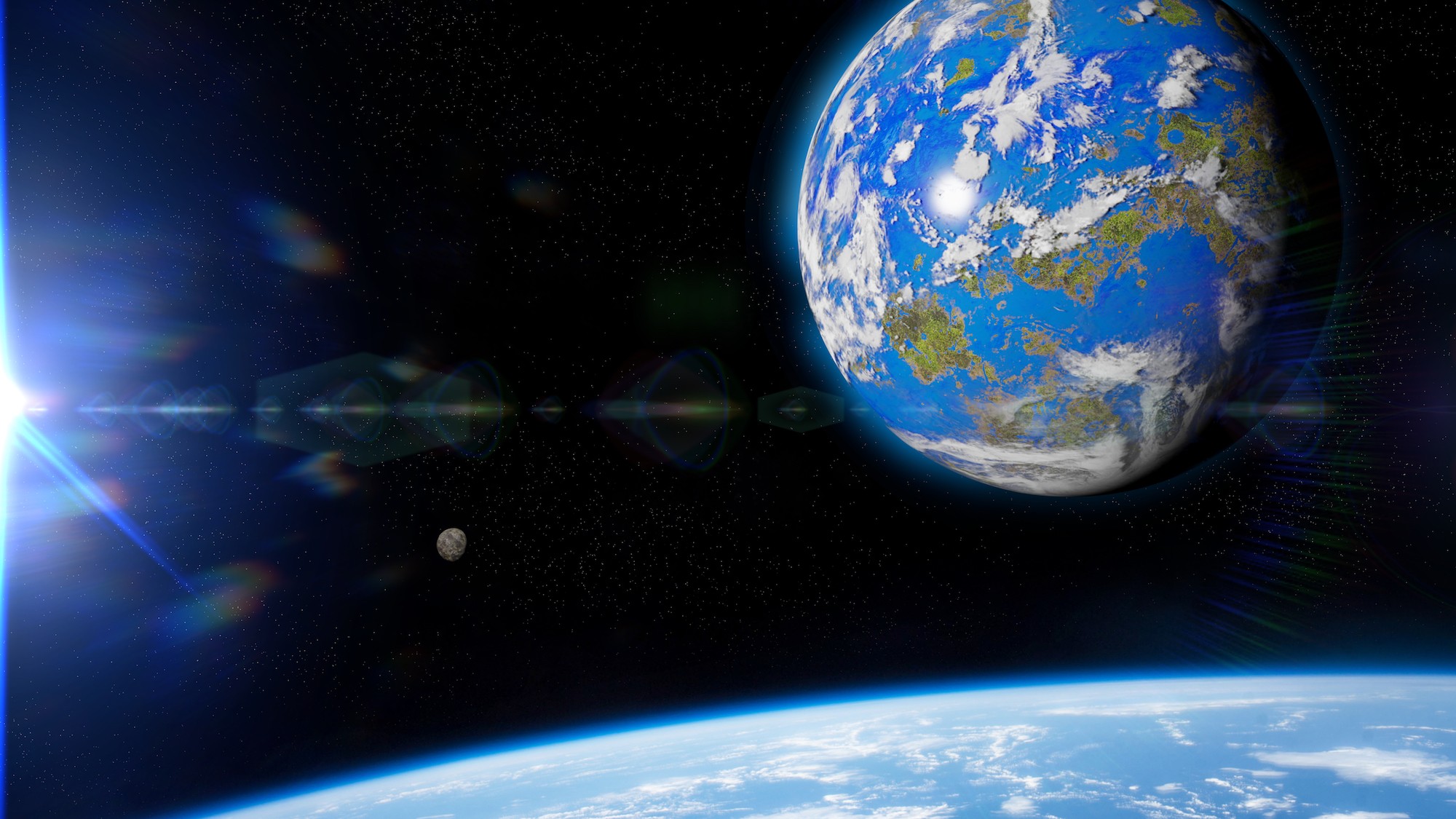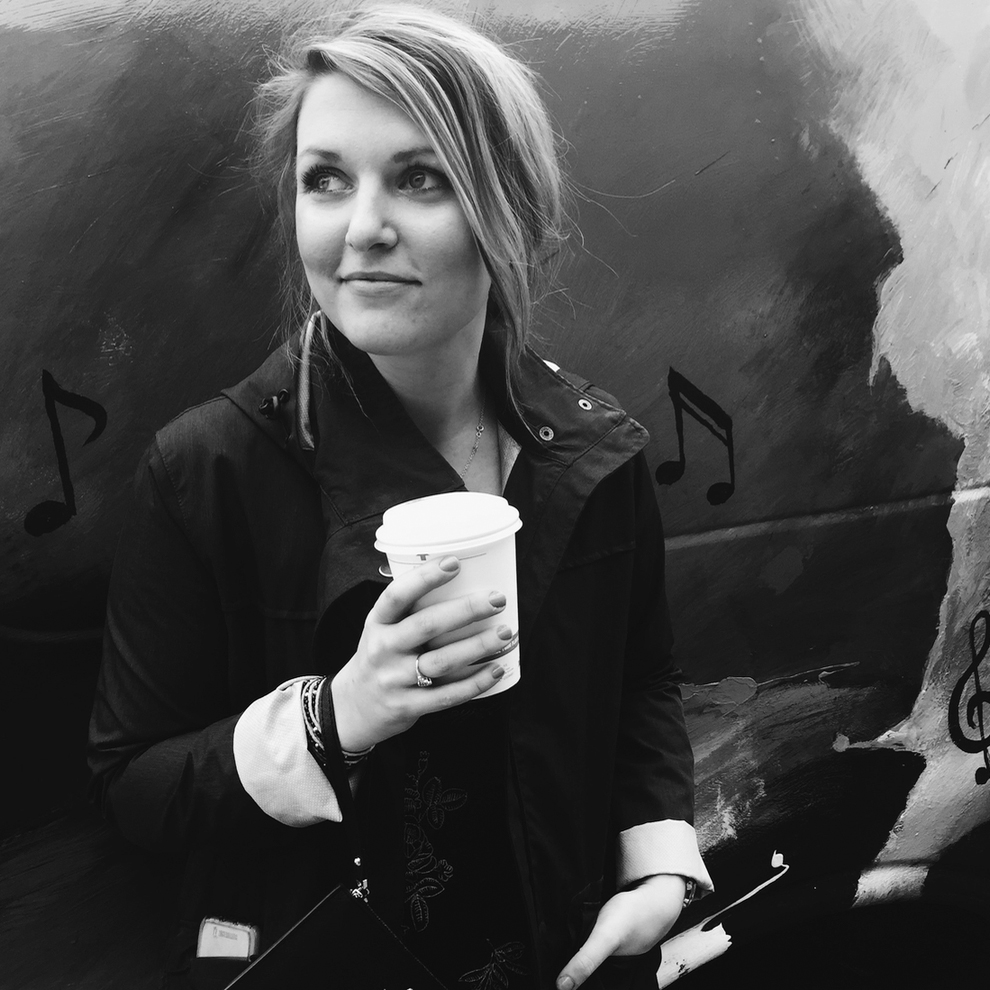
Donavyn Coffey
Donavyn Coffey is a Kentucky-based health and environment journalist reporting on healthcare, food systems and anything you can CRISPR. Her work has appeared in Scientific American, Wired UK, Popular Science and Youth Today, among others. Donavyn was a Fulbright Fellow to Denmark where she studied molecular nutrition and food policy. She holds a bachelor's degree in biotechnology from the University of Kentucky and master's degrees in food technology from Aarhus University and journalism from New York University.
Latest articles by Donavyn Coffey
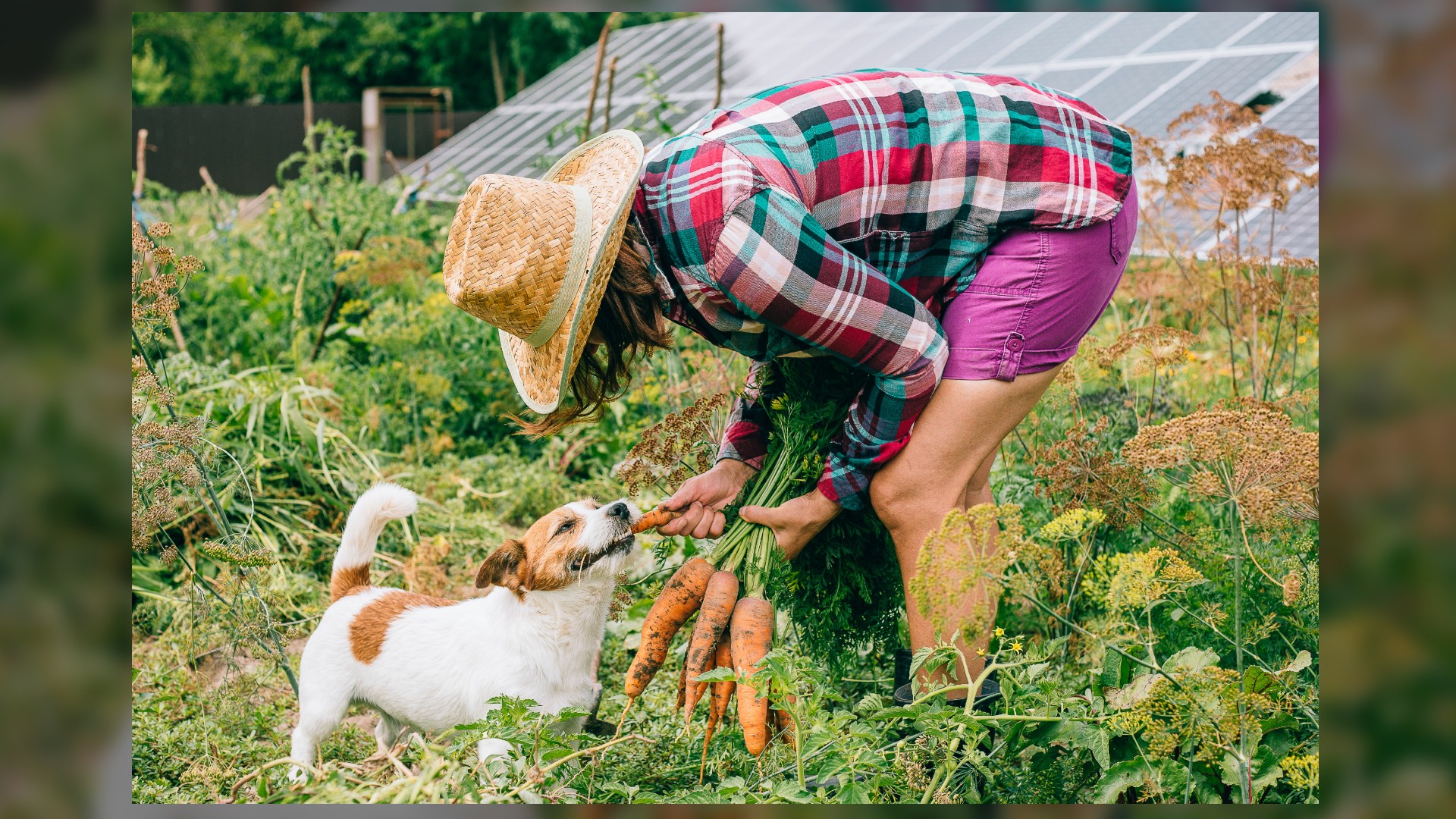
Is it safe to feed cats and dogs a vegetarian diet?
By Donavyn Coffey published
Many people give up meat for ethical, health or environmental reasons. But is it OK to put a cat or a dog on a vegetarian or vegan diet?
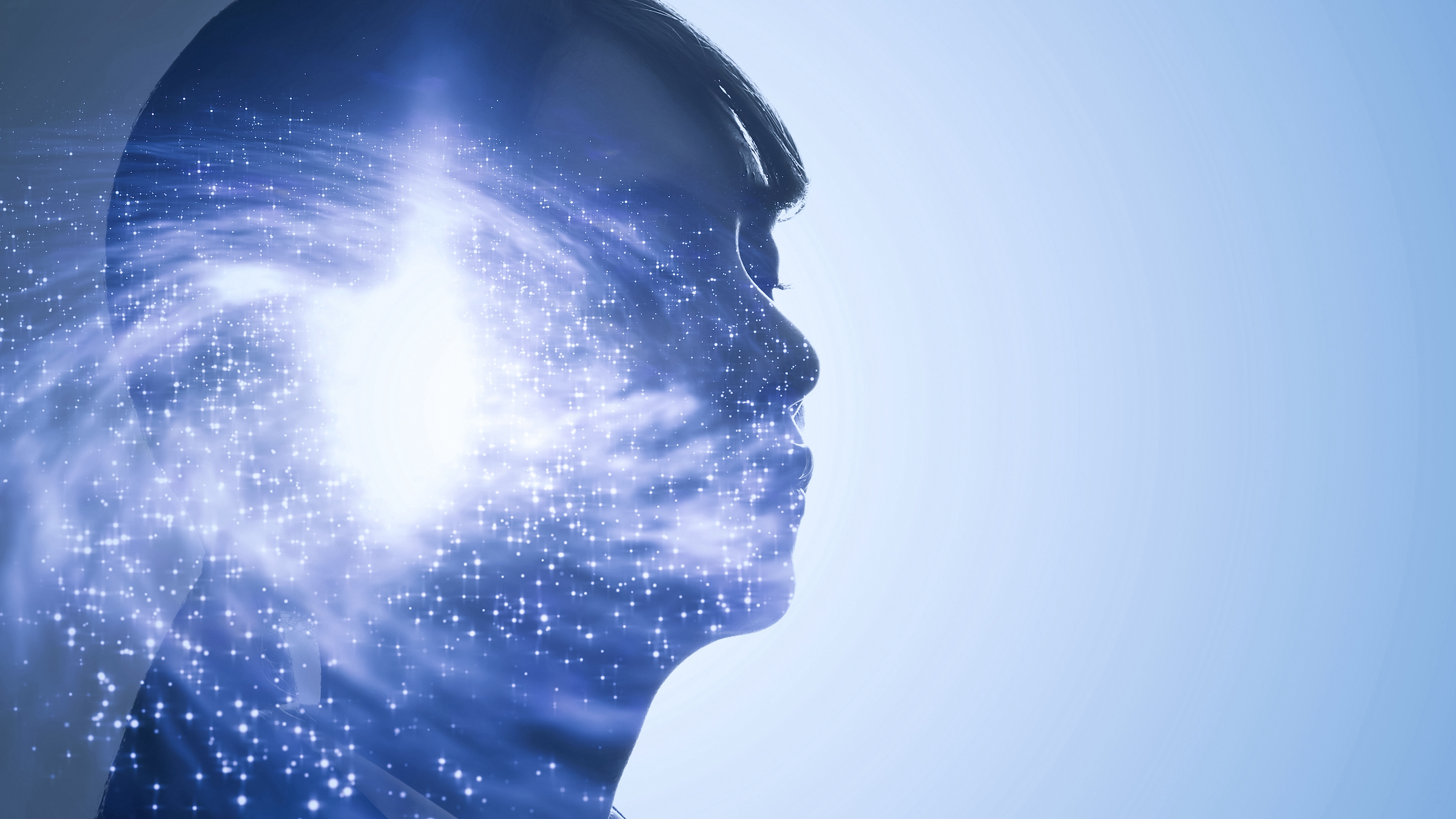
What are the most common elements in the human body?
By Donavyn Coffey published
Here are the top four (and a bonus fifth) elements that make up the human body.
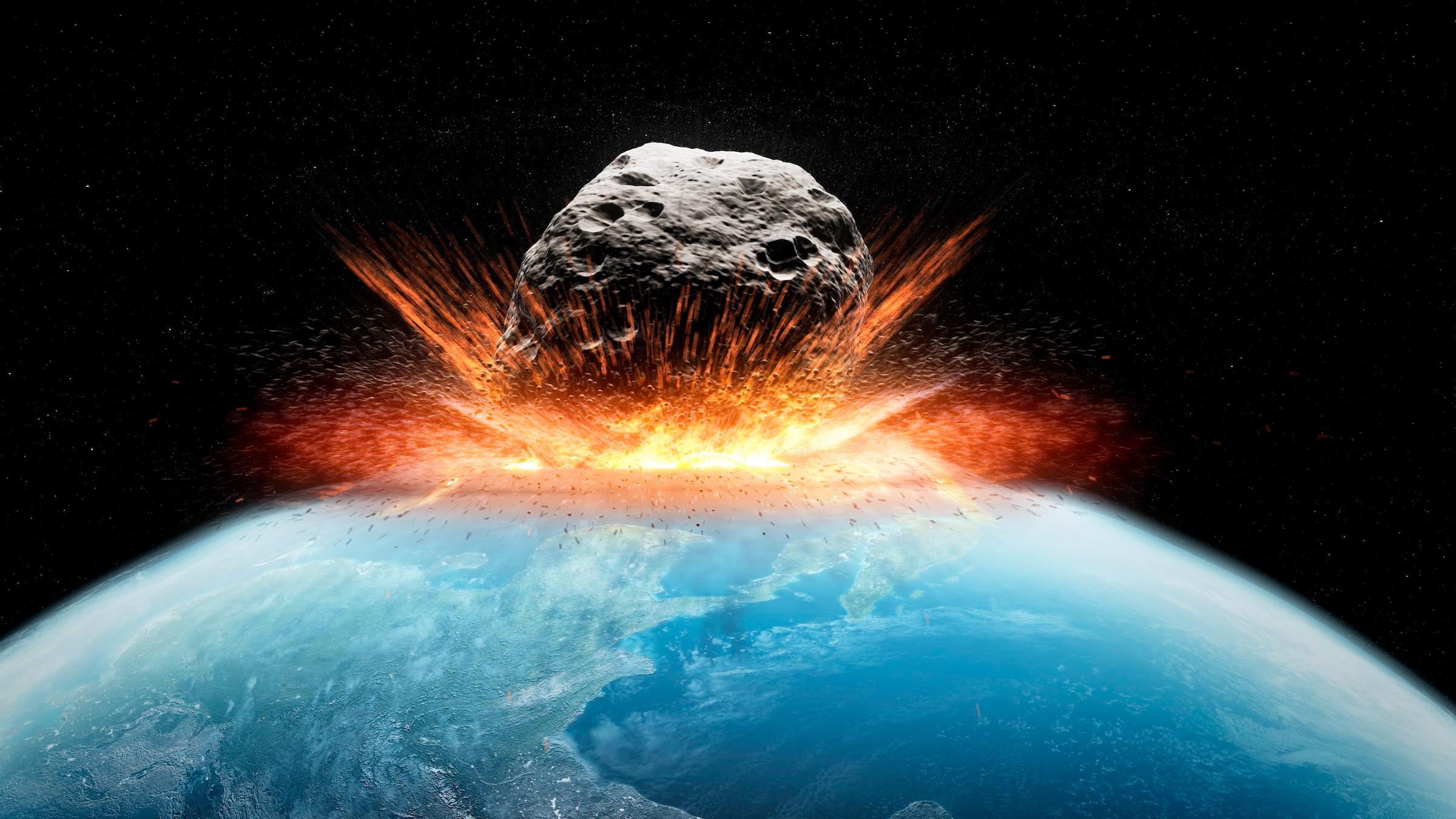
What are the largest impact craters on Earth?
By Donavyn Coffey published
What does it take for an asteroid to make a dent on Earth, and which known impact events have left the biggest craters?

Do other viruses have as many variants as SARS-CoV-2?
By Donavyn Coffey published
Is COVID-19's rapid evolution unusual, or do other viruses have as many variants as this coronavirus?
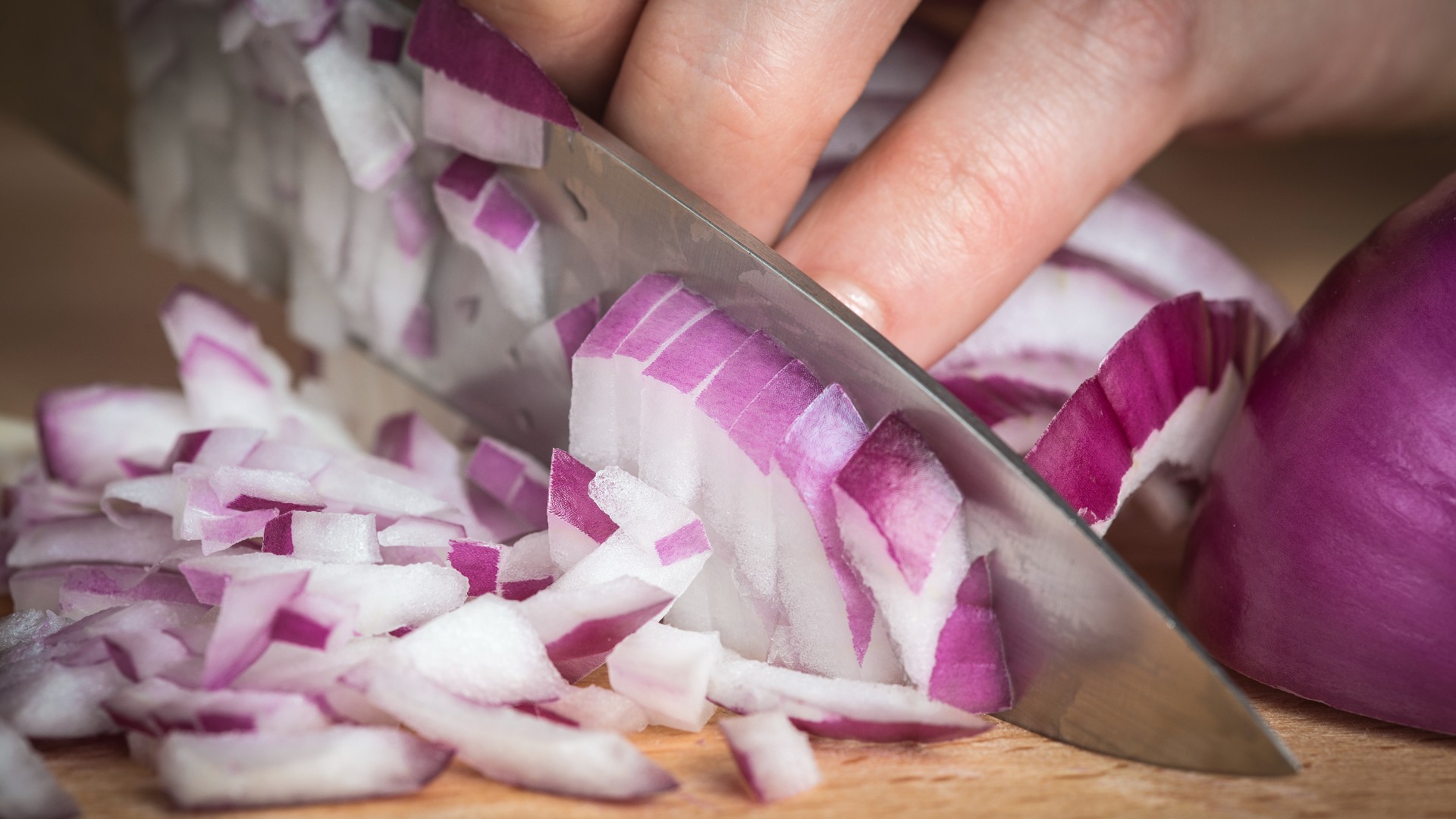
Why does slicing onions make you cry?
By Donavyn Coffey published
Here's why you may start tearing up while slicing an onion.
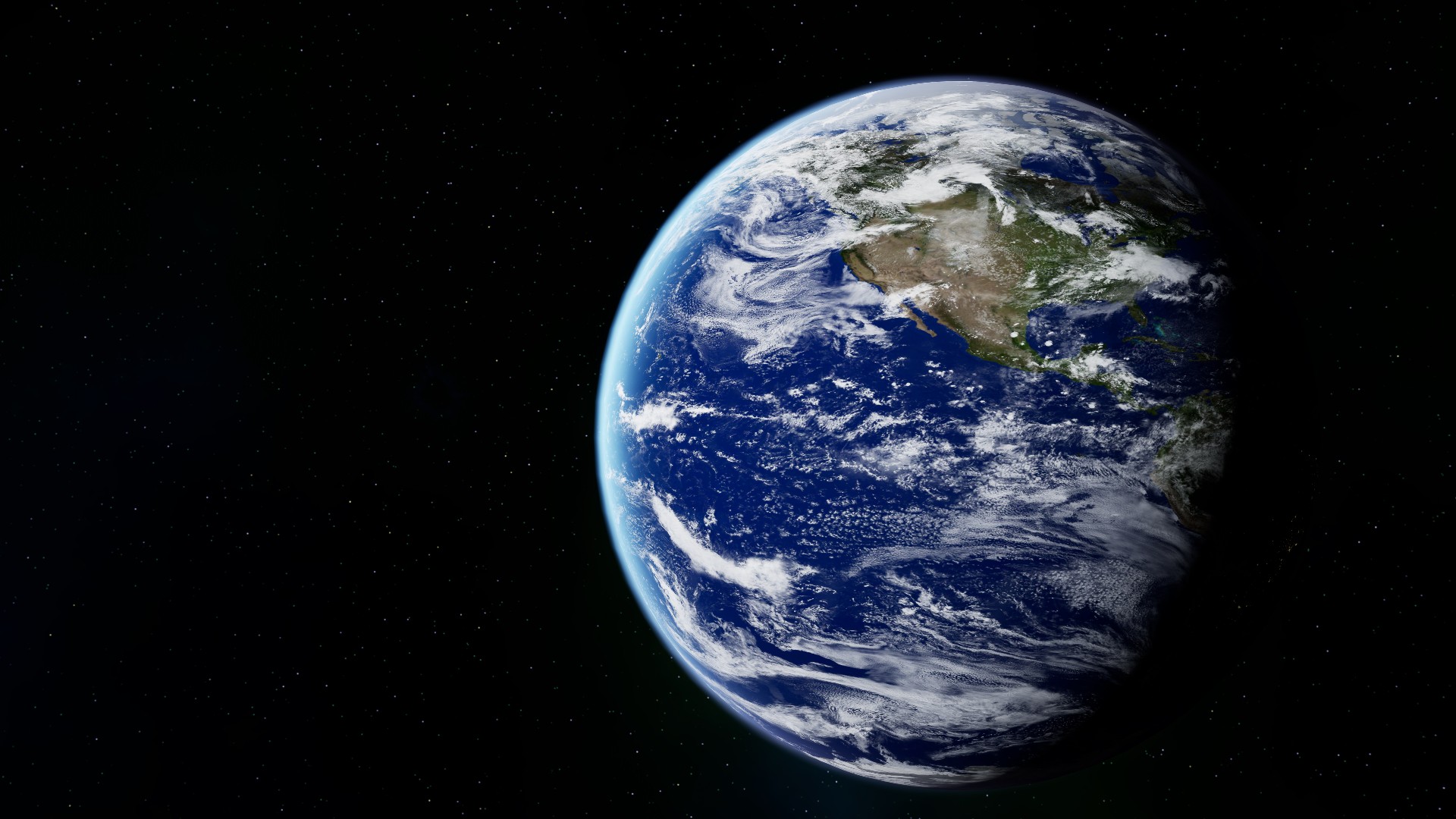
Is Earth expanding or shrinking?
By Donavyn Coffey published
Do scientists know if Earth is shrinking or expanding, and if this difference over time will threaten life on our planet?

Why do we stick out our tongues when we're concentrating?
By Donavyn Coffey published
Researchers have several ideas as to why people sometimes stick out their tongues when they're concentrating.

What happens when a baby takes its first breath?
By Donavyn Coffey published
Fetuses don't breathe oxygen in utero, so how do newly born babies figure it out?
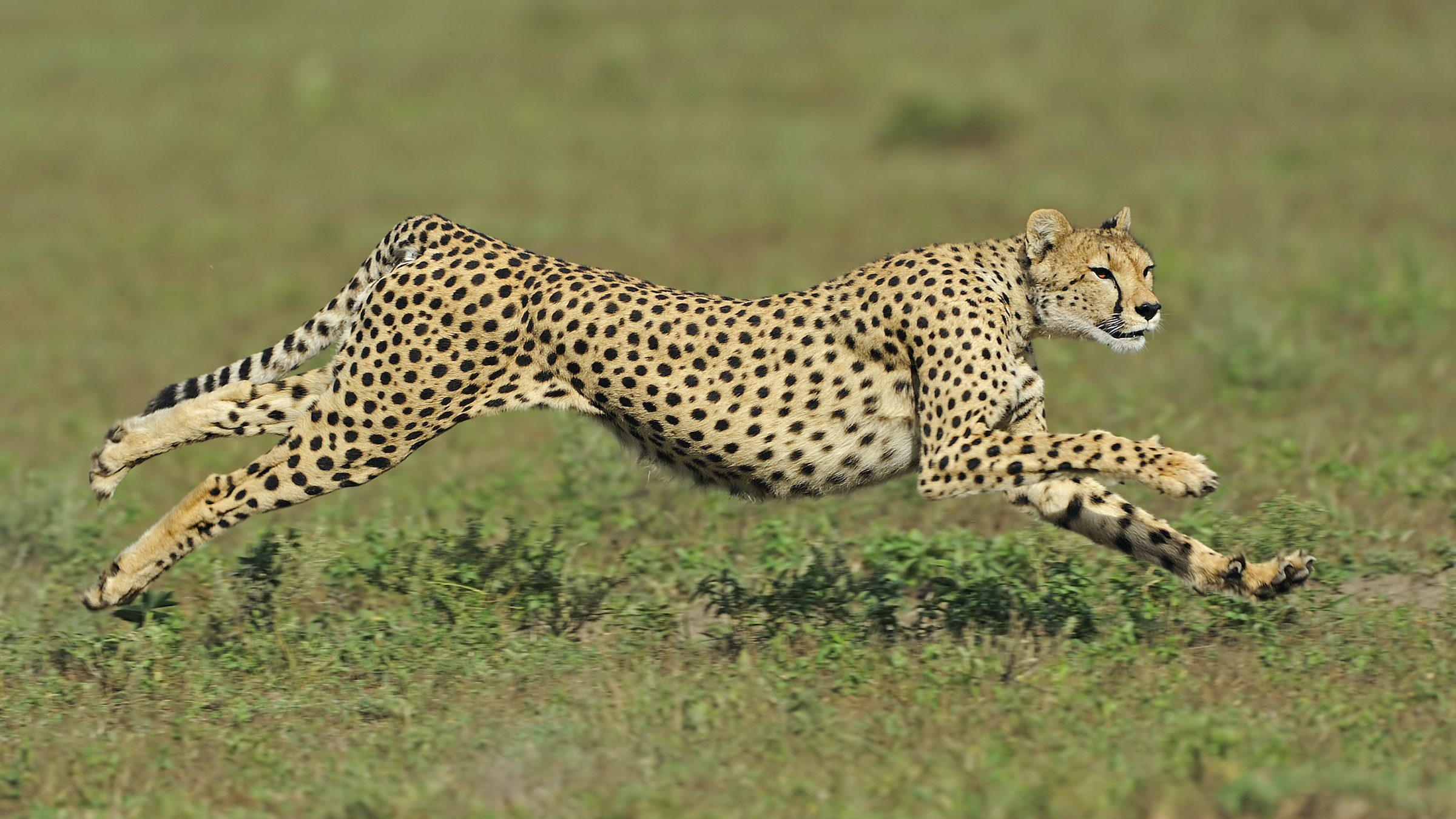
What is the fastest animal on Earth?
By Donavyn Coffey published
The cheetah is often called the world's fastest animal. But is that true?
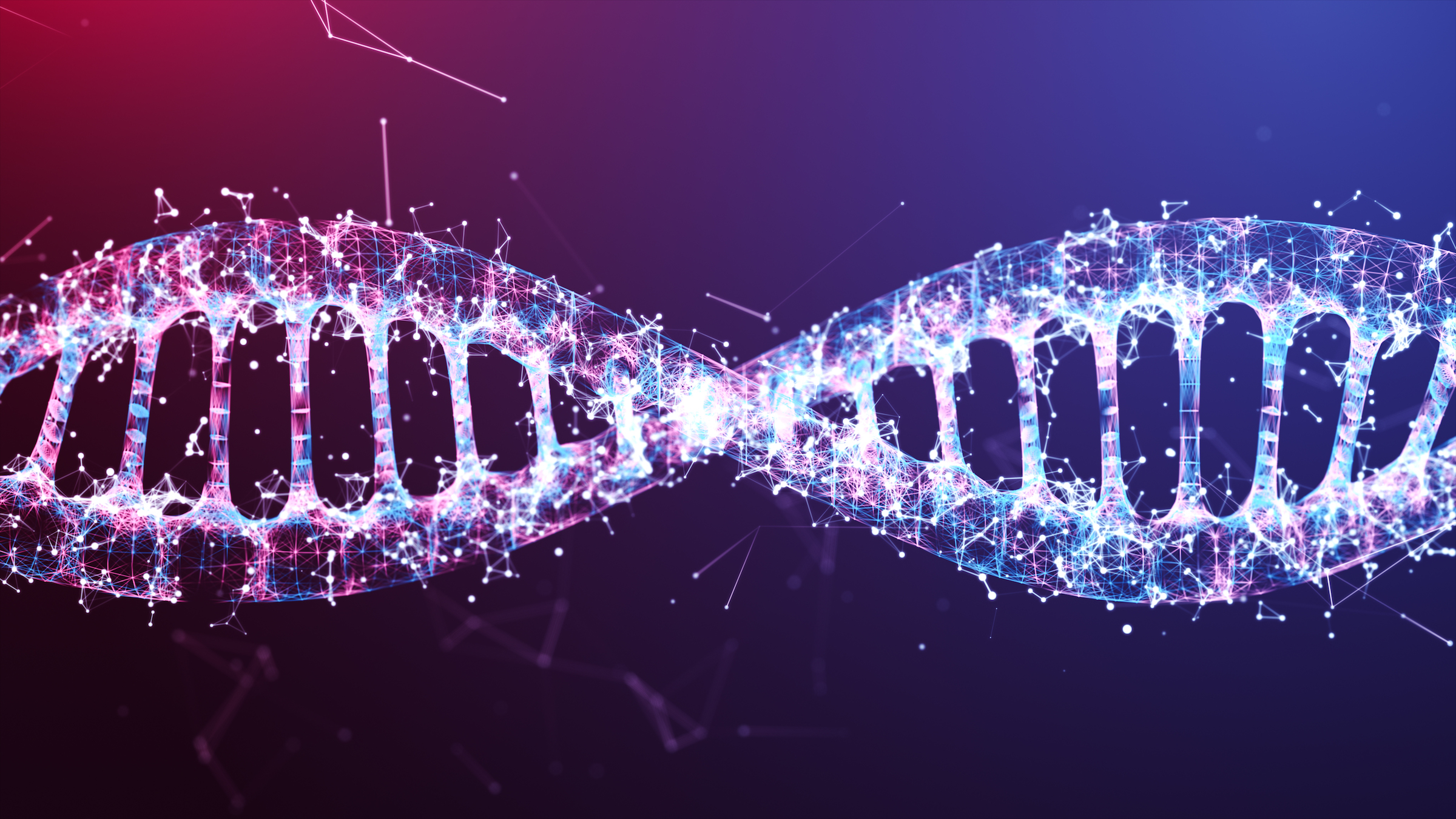
How does DNA know which job to do in each cell?
By Donavyn Coffey published
How does DNA know when to become active?

Does everyone have an inner monologue?
By Donavyn Coffey published
Does everyone have a monologue in their head?
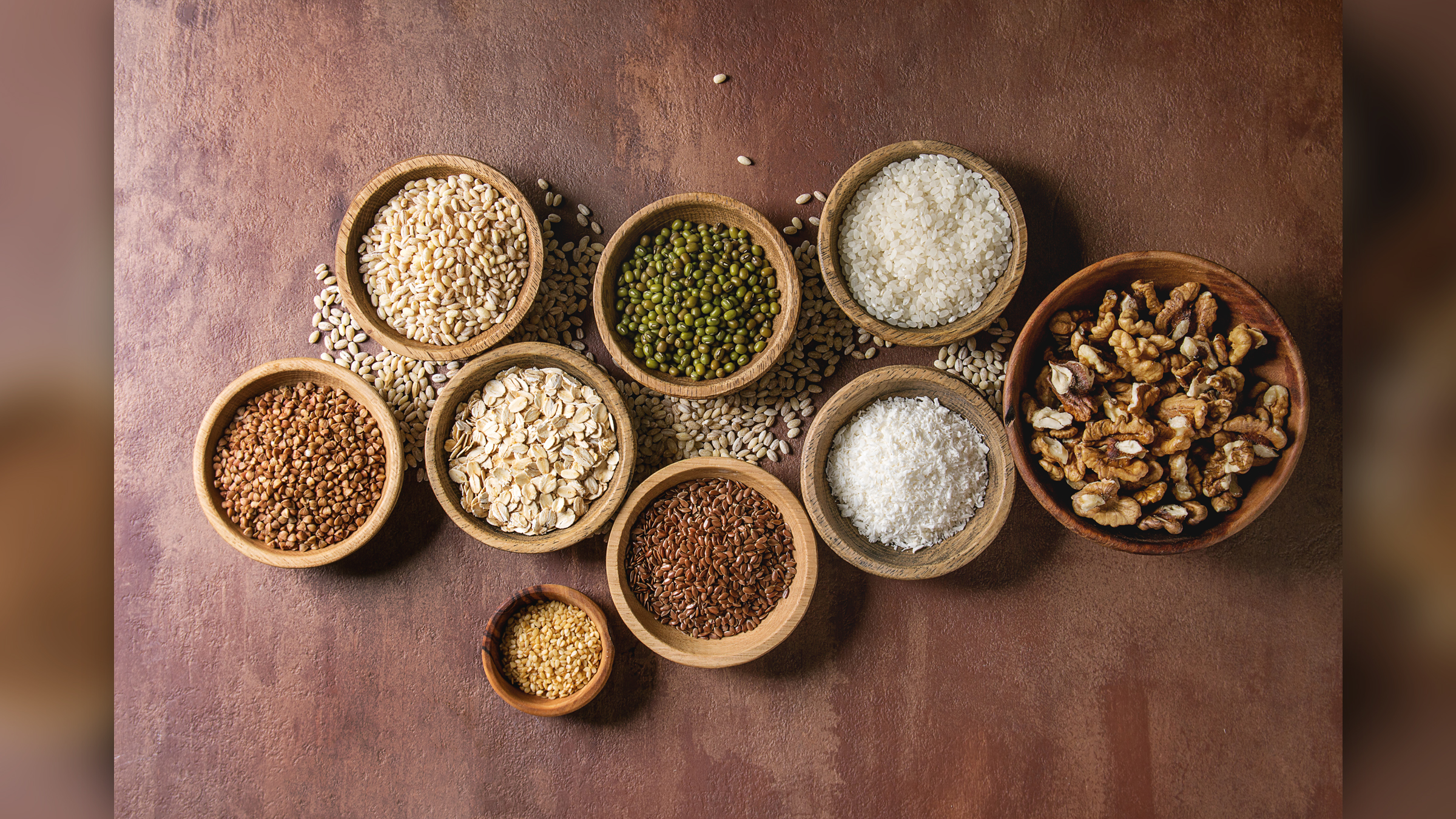
Why do nuts and grains go bad?
By Donavyn Coffey published
Even if they don't get moldy, nuts and grains can go bad. Why is that?
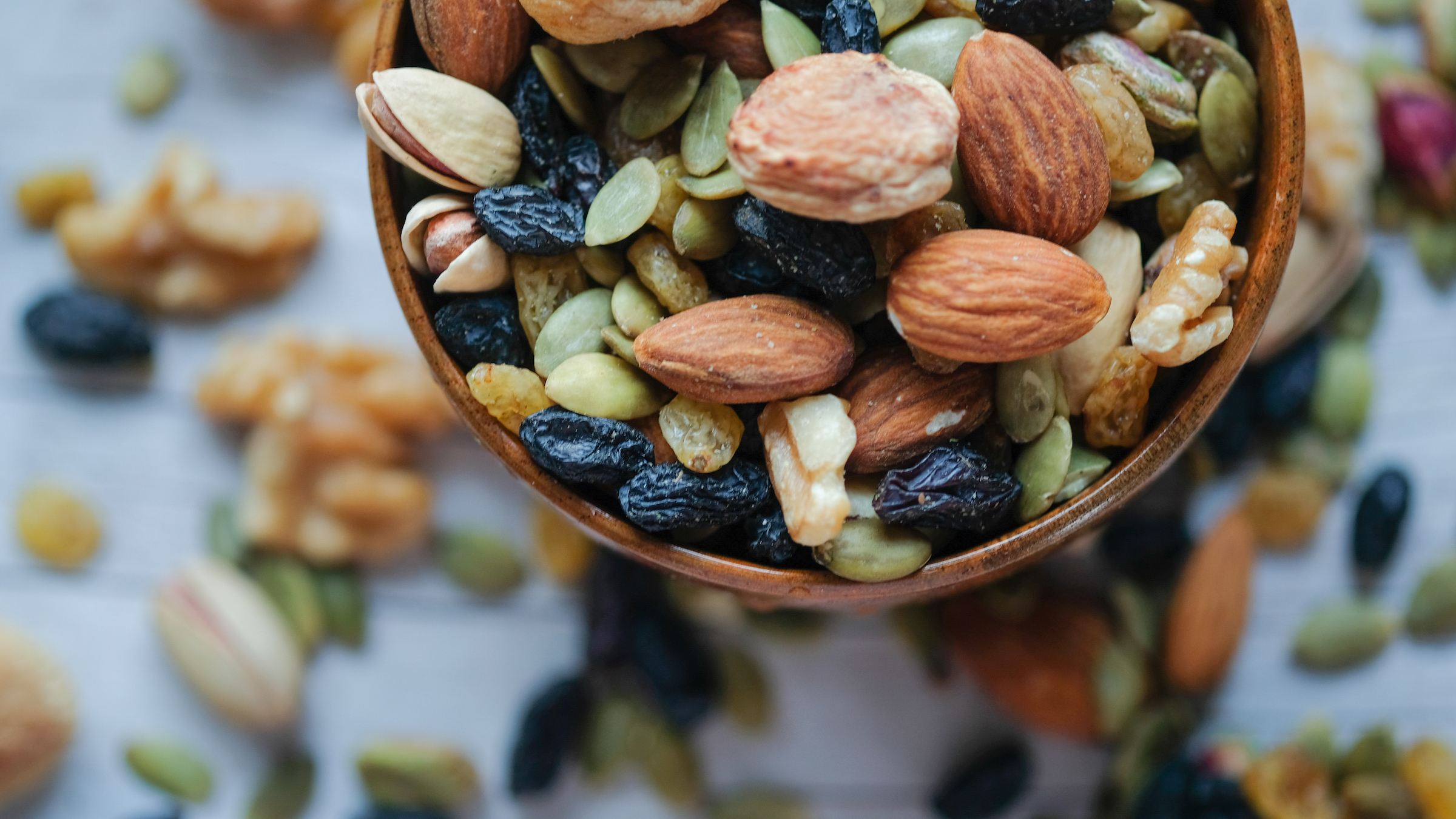
Why aren't peanuts, pecans and almonds real nuts?
By Donavyn Coffey published
Brazil nuts and cashews are crunchy and small, so why aren't they nuts?

Could we ever pull enough carbon out of the atmosphere to stop climate change?
By Donavyn Coffey published
Can we harness natural and human-made carbon traps to help us slow climate change?
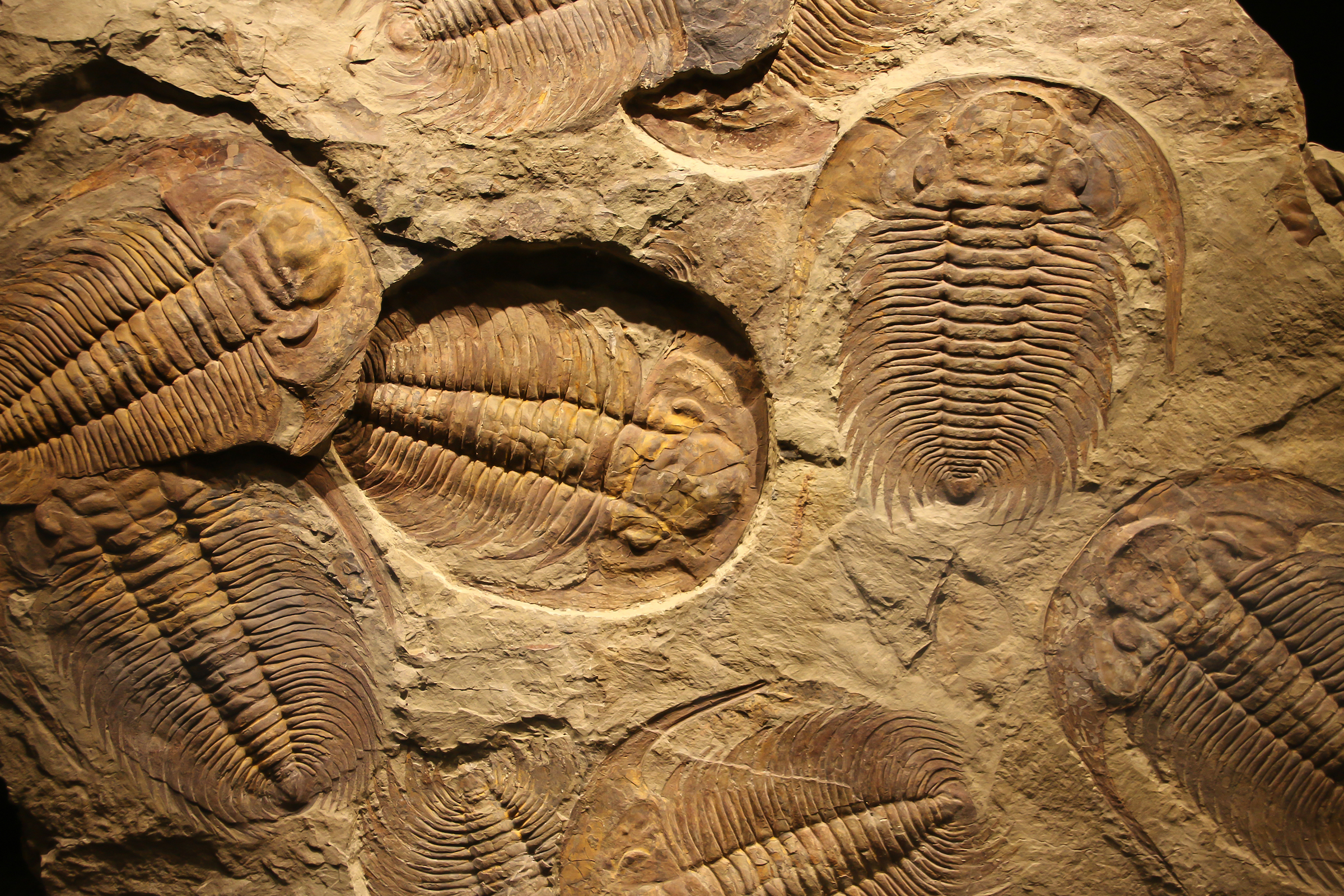
Why did trilobites go extinct?
By Donavyn Coffey published
What took out the trilobites, whose fossils are found all over the world?
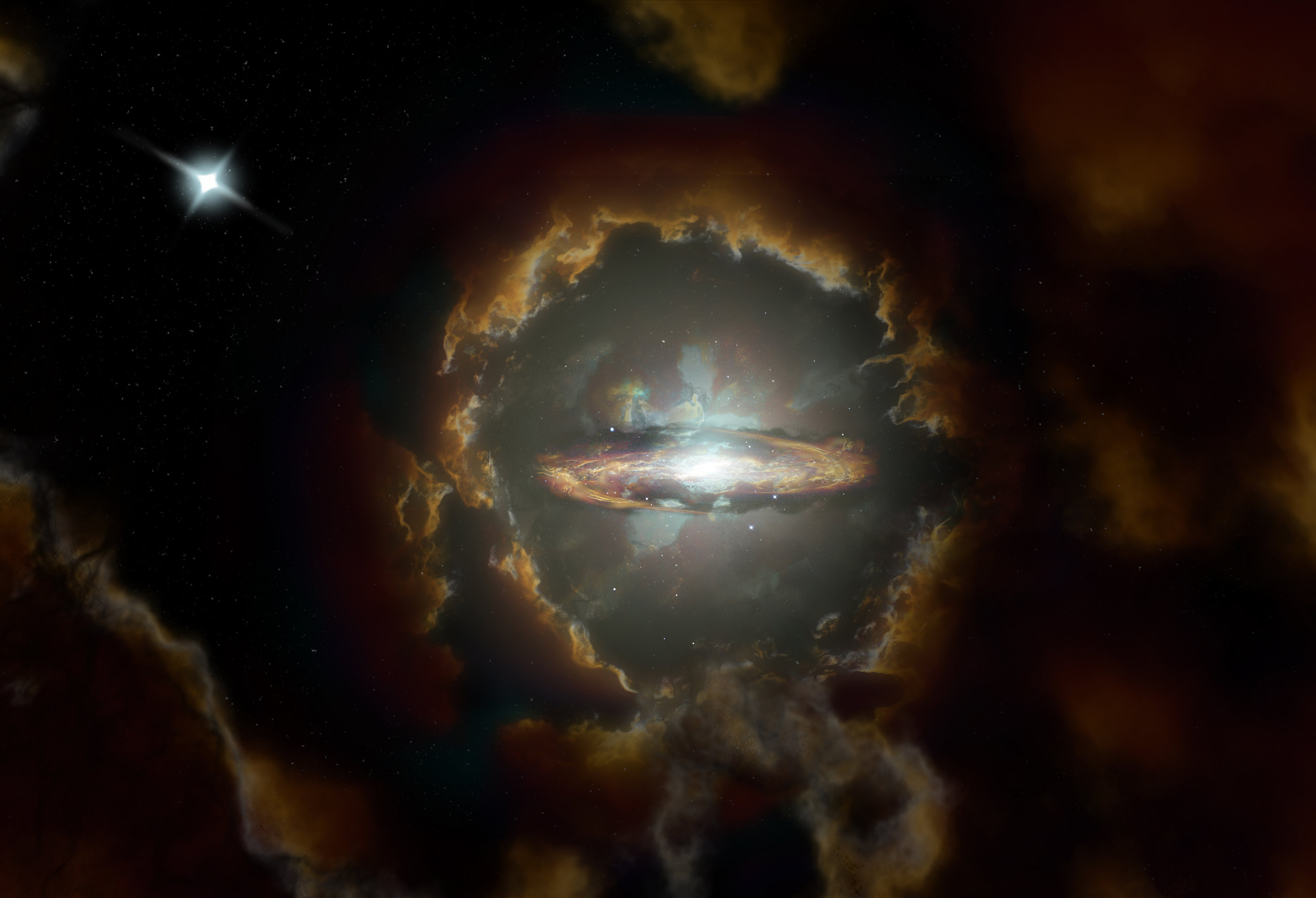
Why are galaxies different shapes?
By Donavyn Coffey published
Some galaxies are swirling blue disks, others are red spheres or misshapen, clumpy messes or something in between. Why the different configurations?
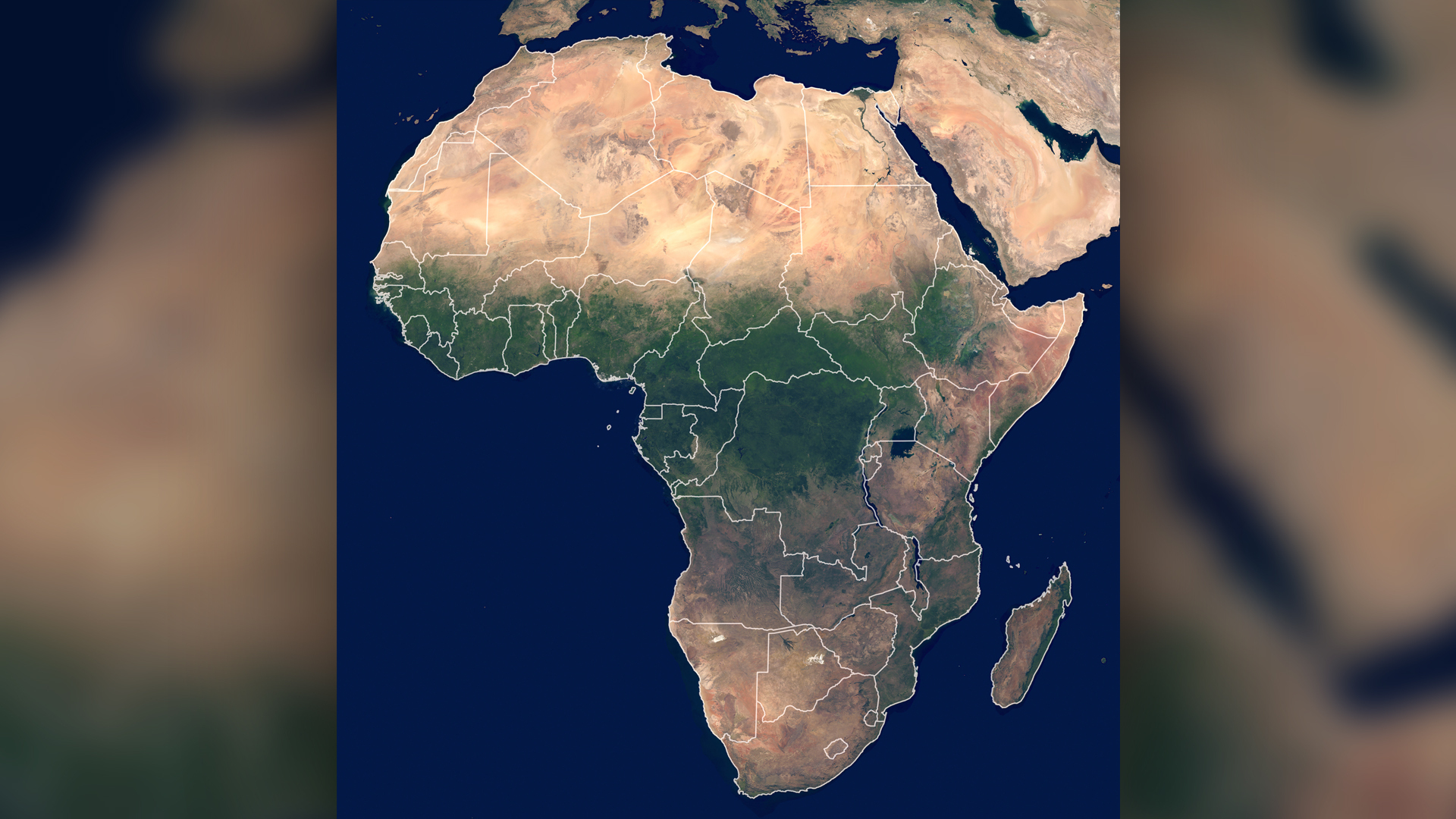
Could the Sahara ever be green again?
By Donavyn Coffey published
The Sahara was once a grass and shrub-covered steppe. Could this ever happen again?
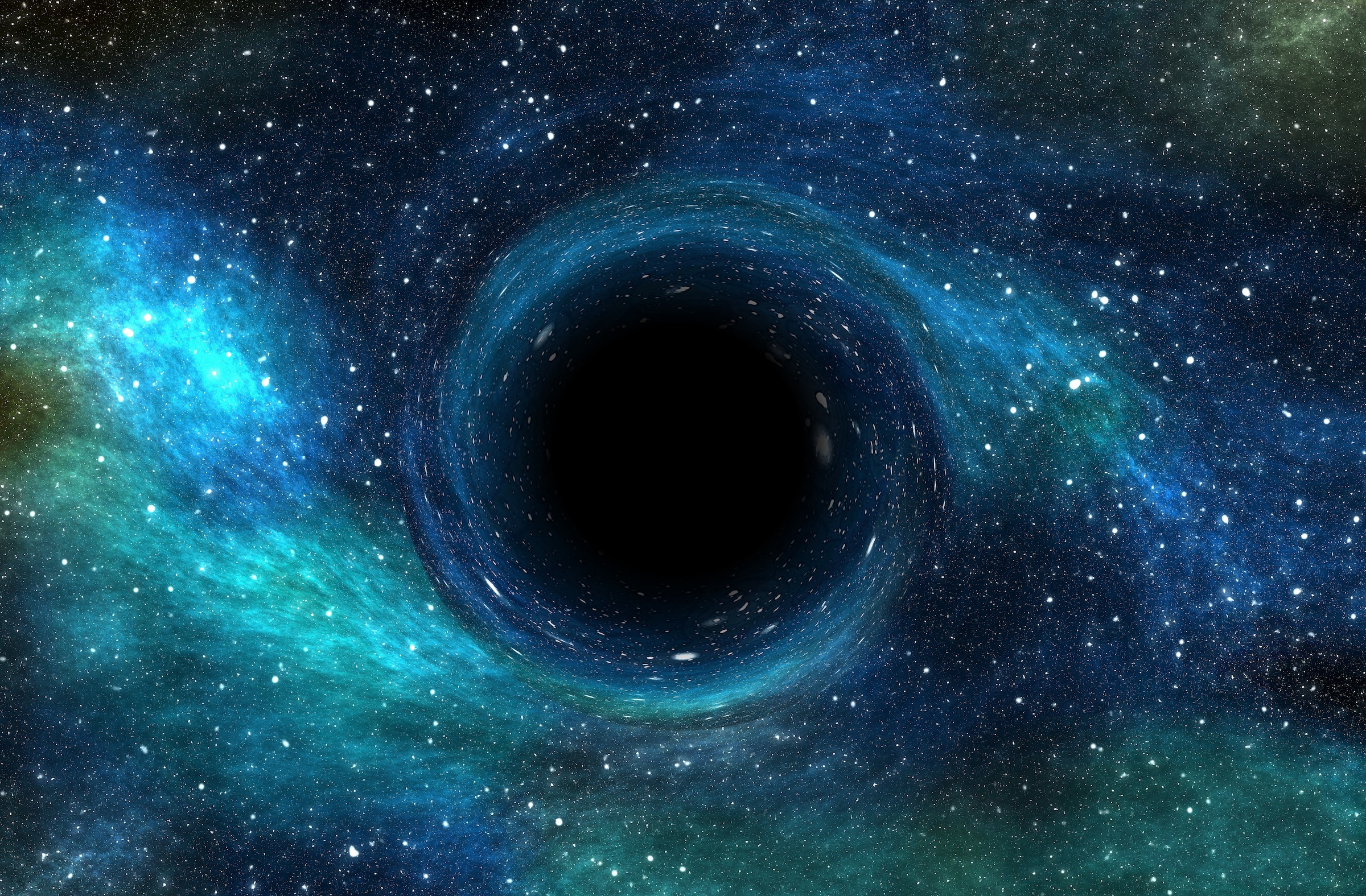
Why is space a vacuum?
By Donavyn Coffey published
The nothingness of space is hard to wrap our heads around.

Why can't humans digest corn?
By Donavyn Coffey published
Have you ever wondered why humans can't digest corn?

Does UV light kill the new coronavirus?
By Donavyn Coffey published
There are three main types of UV light, but only one can kill SARS-CoV-2.
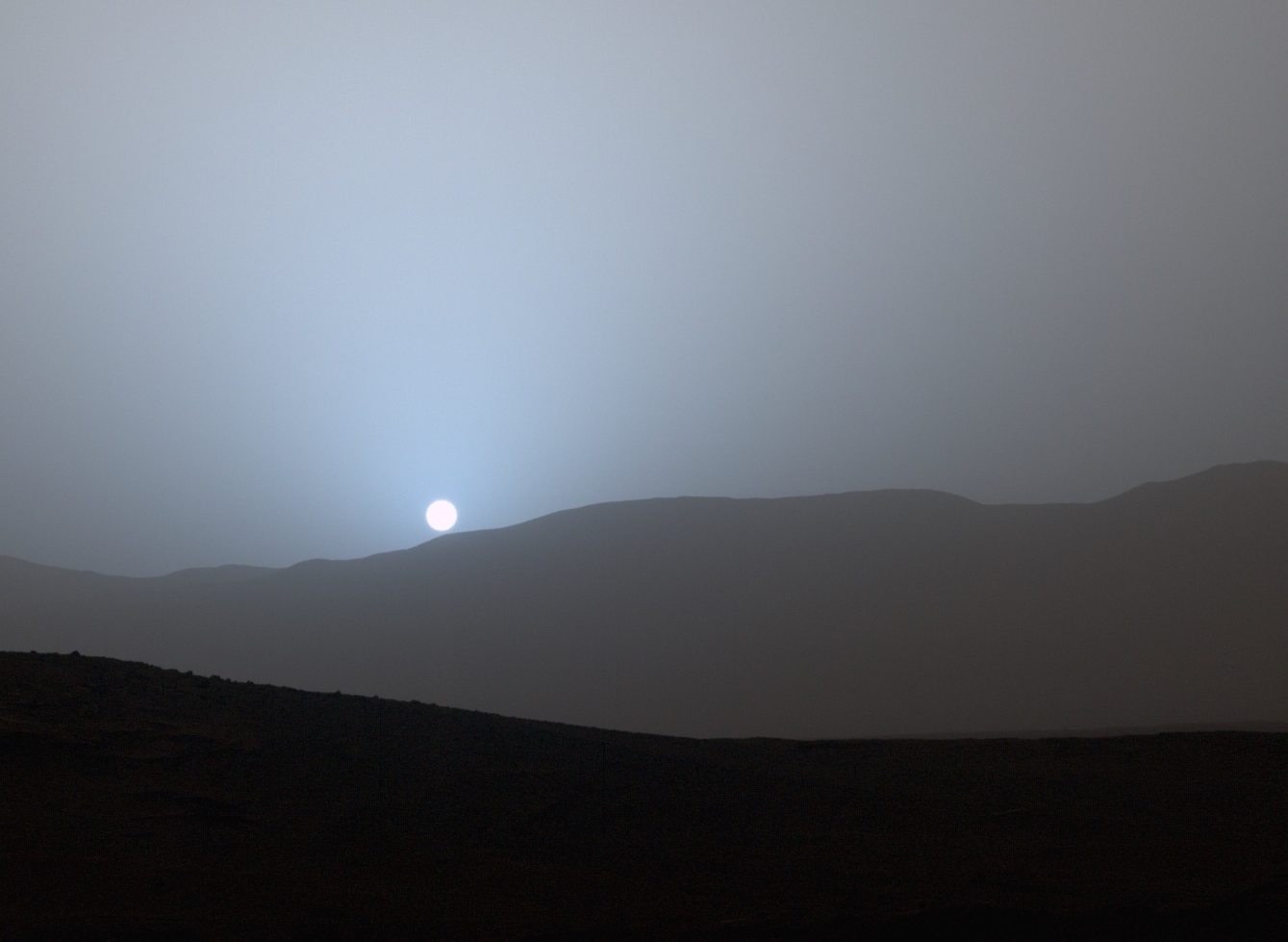
What color is the sunset on other planets?
By Donavyn Coffey published
It depends on whether the planet's atmosphere is predominantly filled with gas or dust particles.
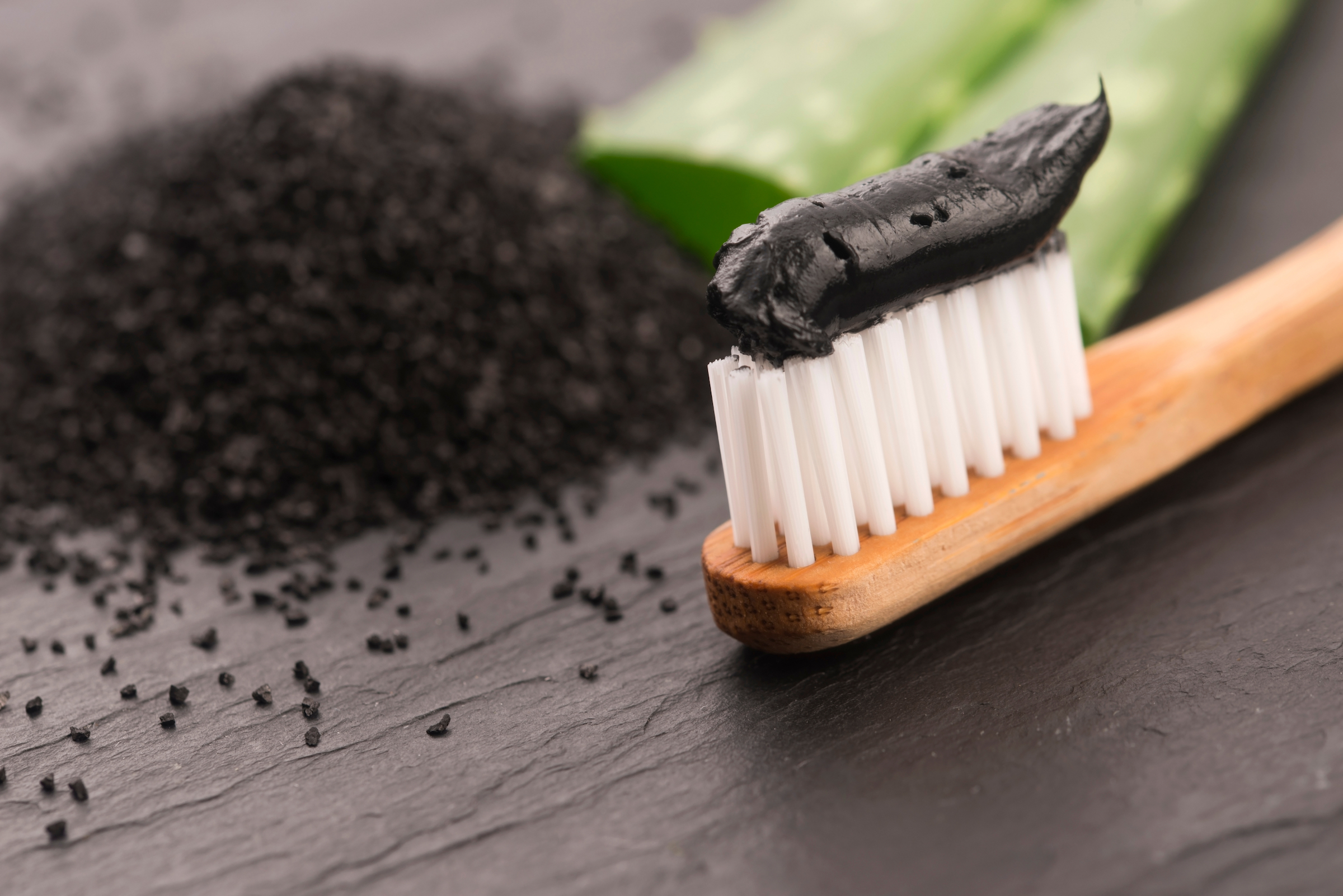
Does charcoal toothpaste really whiten teeth?
By Donavyn Coffey published
Activated charcoal can protect against some poisons, but can it help whiten your smile?
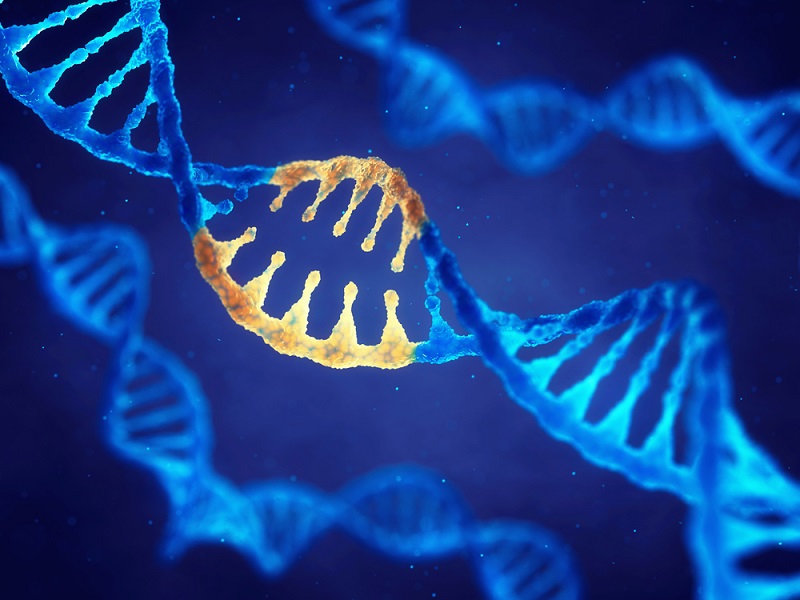
What is a gene drive?
By Donavyn Coffey published
Gene drives are a way to get around the laws of heredity.
Sign up for the Live Science daily newsletter now
Get the world’s most fascinating discoveries delivered straight to your inbox.

